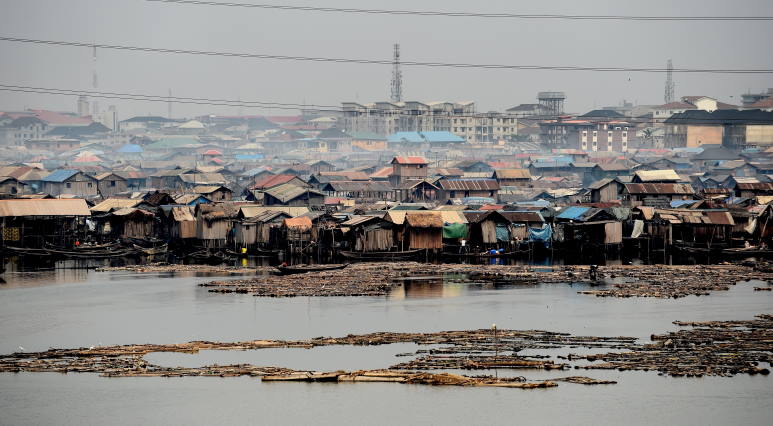The Issues That Create Problems in Kenya
Dec 13

Political pointers disclosed to us that the political problems in Kenya began barely any years after the independence of Kenya in 1963. Indeed, the markers are not just political. They are likewise social and sectorial. They might be exact and up to the focuses and they may likewise not be right in certain levels while spotting factors.
Political setting
The biggest problem in Kenya is political setting that has been intensely molded by historical local tensions and contestation related with abuse of power and centralization, elevated levels of corruption, an over two decades in length procedure of established review and post-election violence.
As Kenyans face the possibility of a petulant national election one year from now, the greater part say they are disappointed with their nation’s heading and the national economy. Other than financial concerns, government corruption and social problems in Kenya is comprehensively seen as a significant issue in the nation.
Kenyans disappointed with current conditions, however state it will show signs of improvement
A lion’s share of Kenyans (56%) is disappointed with the status quo going in their nation. Four-in-ten are content with current conditions. While a dominant part stays worried about national conditions, dissatisfaction today is a lot of lower than it was in 2015 (75%).

Economy, corruption and crime top worries in Kenya
While Kenyans are commonly idealistic about the future, despite everything they state a scope of development issues present genuine challenges for their nation today.
At the highest priority, within any event eight-in-ten Kenyans stating each happens to be a major issue, use to be government corruption (91%), monetary issues, for example, an absence of employment openings (87%) and crime (82%) and poverty (86%).
Income disparity positions high on Kenyans’ list of concerns, and a larger part trusts it has deteriorated in the course of recent years (68%). Minimal more than one-in-ten (13%) state the hole among rich and poor has remained the equivalent in that timeframe, while 18% trust it has shown signs of improvement.

When inquired as to why numerous individuals in the nation don’t have jobs, Kenyans are bound to blame foundational factors instead of individual issues. The greater part accepts that jobs going to individuals with associations (64%) and separation dependent on ethnicity (53%) are significant explanations behind an absence of employment.
About four-in-ten (37%) blame schools for not teaching the abilities expected to find a new line of work. Three-in-ten or less state medical issues (30%) or individual apathy (25%) with respect to job seekers are boundaries to looking for some kind of employment.
Higher-income Kenyans (73%) are more probable than lower-income individuals (59%) to state associations are a significant motivation behind why numerous individuals don’t have jobs. On the other hand, lower-income individuals (35%) are more probable than wealthier Kenyans (24%) to blame medical issues for an absence of employment. Women and men additionally disagree on the pertinence of medical issues (35% of women state these are significant versus 25% of men).
